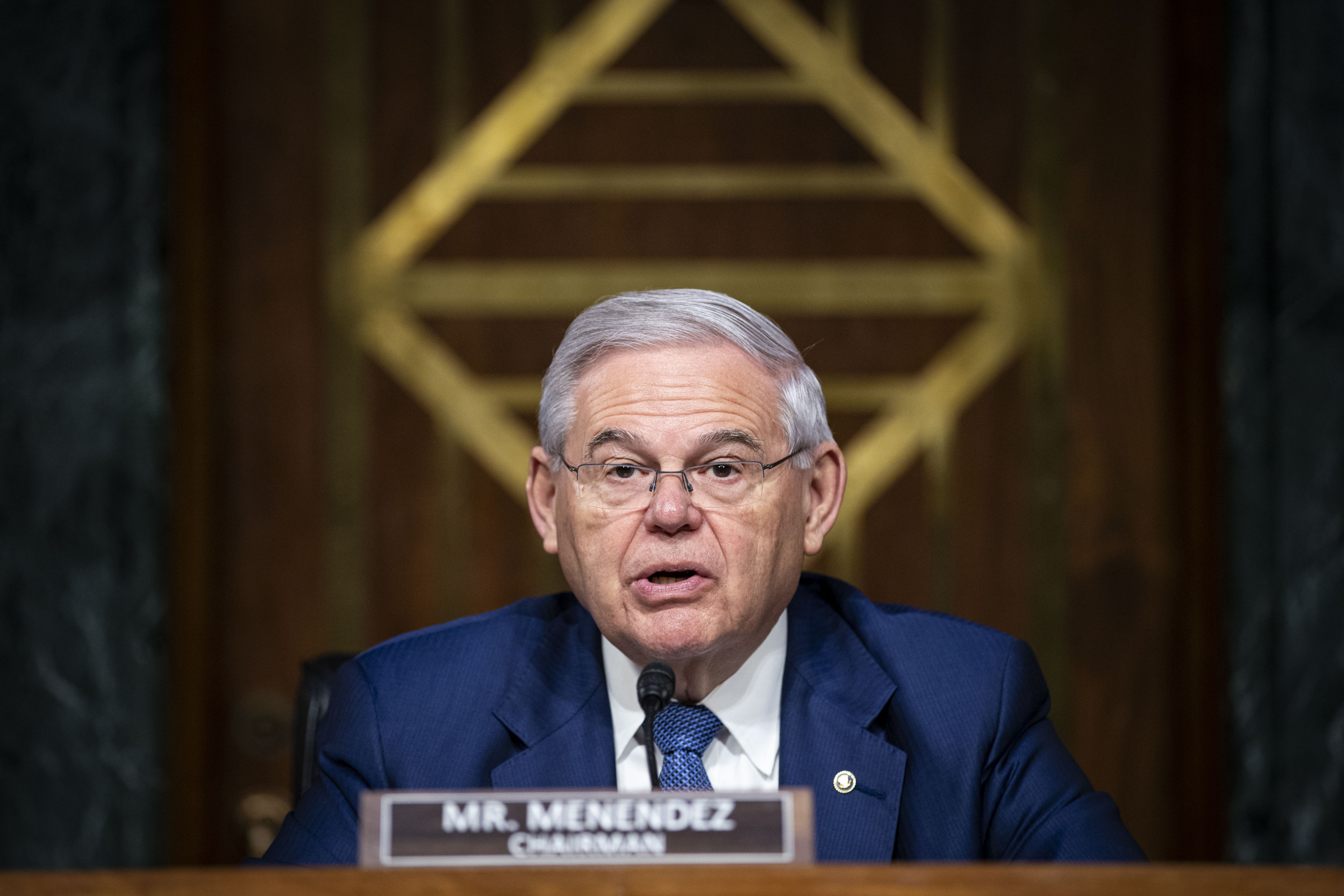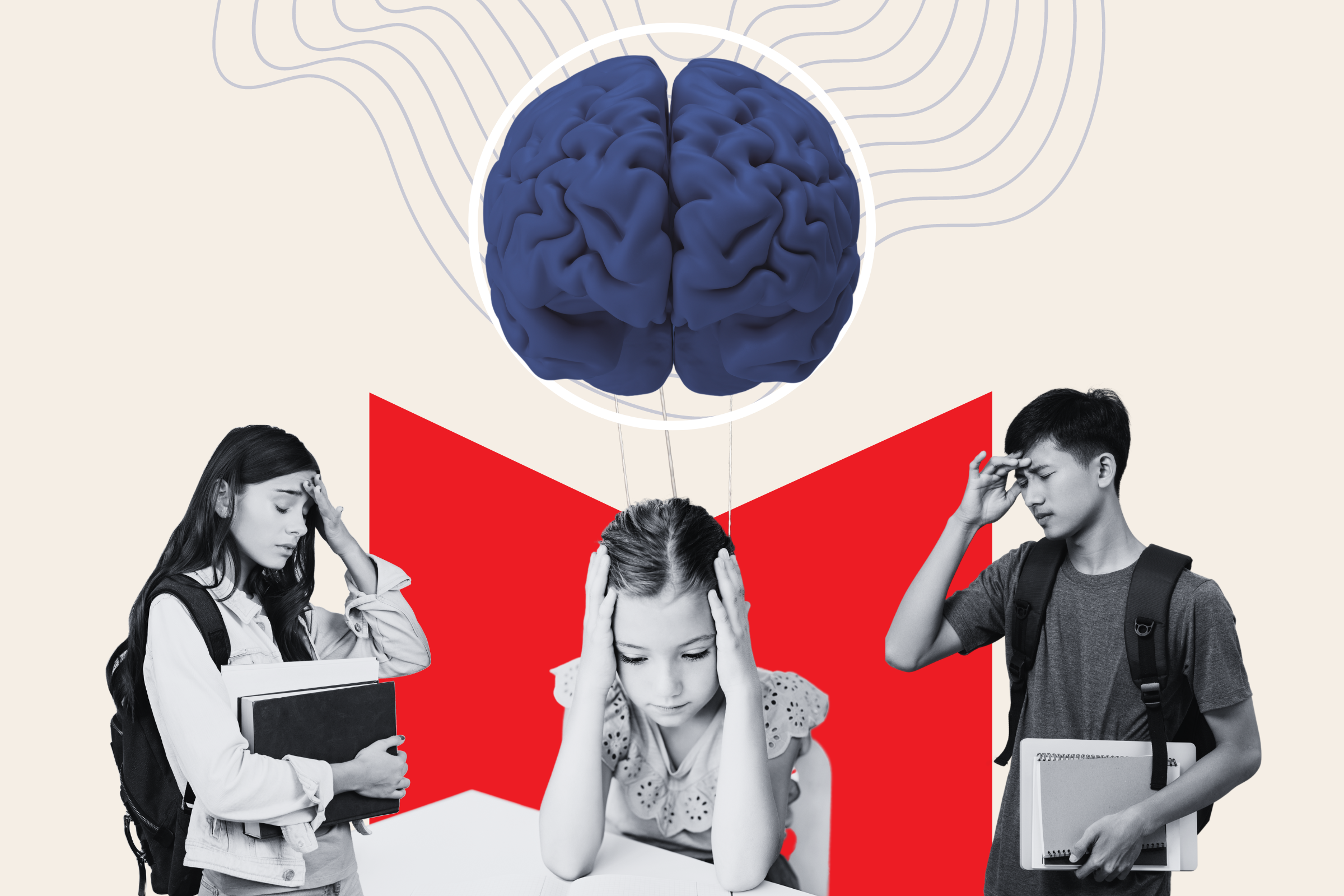Growing up, I always felt as though I had to hide certain aspects of myself. I grew up in an environment that was unsteady and dysfunctional. My parents got divorced when I was 9 years old and as a result I moved from the United States to England. This led me to feeling very alone confused and scared.
When I went to high school things became really difficult. I struggled to concentrate and thought I was unable to learn. I really started to have this desire to disengage and to push the world away.
My teenage years were quite turbulent and I wasn't able to generate a very strong sense of self. I really struggled to find something to support me and make me feel safe. So I ate food, thinking it would make me feel better.

I didn't feel like a stereotypical man. I didn't feel or look the way I thought people my age were supposed to. I had this whole set of criteria that I really wanted to live up to, but I didn't feel that I could, no matter what I did.
I was always a bigger kid growing up, but around the age of 14 my relationship with food became destructive. I was secretly eating and spending all the money I had on food. There was a lot of dishonesty. I was at boarding school at the time and felt a lot of excitement and joy at being able to go to the shops to buy what I wanted.
I would create these spaces which were just mine—that I didn't have to share with anyone. That really allowed certain ideas about myself and the rest of the world to manifest and to build up. For example, I thought: "I'll eat this, and then I'll feel better. If I keep eating to a certain point, I can chill out." I thought that made perfect sense, but it was quite an alarming coping mechanism.
I started to gain a lot of weight and emotionally it did a lot of very deep damage that I didn't really understand at the time. There were quite a lot of self-inflicted, traumatic thoughts. I thought I couldn't do certain things and that there was something wrong with my body.
I had this concept of what a guy should look like and I didn't fit that. I wanted to look that way, but by the same token, there was this illogical disconnect in my head which meant I couldn't stop binging. And I didn't really want to stop. It was a safe thing for me. It was the only thing that made me feel grounded and secure.
As a man, I did not feel able to open up about my eating disorder. For me, you were either big and strong, or you weren't. I never remember discussing anything about other people's feelings, concepts of themselves as a physical being, or what that looked like with other men.
I wanted all my peers and I to pretend that there was nothing wrong. I sort of felt like I owed a debt to everyone around me for not acknowledging my weight and constantly making fun of me—though some people did. I almost felt I deserve to be made fun of.
I think a lot of the pressure I felt about my body came from the perception that if I looked a certain way, I would be liked more, loved more, wanted more in a sexual or romantic way.
By the time I reached 16 years old, my body weight was pretty unhealthy; I was at risk of a lot of medical conditions, particularly diabetes. I very much felt I needed to lose some weight, and thought that if I did so, I would be okay—I would be lovable, I'd be wonderful. But I had also been diagnosed with depression and was feeling very isolated and quite apathetic about life.
I went to a few weight loss camps that were suggested by my family and while I did lose a small amount of weight, I only felt better on a surface level. The feeling never lasted, because the weight was just a manifestation of what was actually going on beneath it.
When I was around 17 years old, I dropped out of my high school in the U.K. and went to a school dedicated to weight loss in South Carolina. I really felt this was my solution because it gave me the ability to "fix everything" by losing weight. But all it really did was solidify the idea that if I was a certain weight, I would be okay and accepted.
By the time I went to university, I had lost around a third of my body weight, but I was weighing myself four or five times a day. I would wake up in the middle of the night to check how much I weighed. I only ate foods like packaged turkey, so I could track all my calories, carbs and protein numbers.
At the core of this behavior was all of these same thoughts and perceptions about myself which I felt I couldn't share with anyone. I did have quite a few close friendships and I had a very big family, but I never really opened up to them or shared with them what was going on.
I think by that point, it was hard to really describe what was going on because it seemed a bit ridiculous to me. How do you explain to someone that if you eat something other than quinoa for Thanksgiving lunch, that elicits fear. It elicits shame, disgust, confusion and anger. How do you explain that you're scared that if you eat anything but quinoa, you'll get fat again. And being fat meant I'd become unlovable and unwanted. I thought my life would be ruined.
I left university early and relapsed back into binge eating because I hadn't dealt with any of my emotions. I left America and came back to England, where I started working in film and TV. Professional life gave me another outlet to focus on in regards to my sense of worth, which worked for a while, but not forever. Eventually, those thoughts returned and I began binge eating again.
From a health perspective, I was at risk. I was binging in secret and locking myself in my room for days. At the time I was almost like a ghost that lived upstairs while my family lived their normal life downstairs. I was shutting myself away from anything that felt too scary.
I've been seeing professionals since I was 14 years old, from therapists to dietitians, nutritionists, personal trainers and psychiatrists, but in 2020, I went to a recovery-focused specialist eating disorder treatment service in London called Orri.
I really struggled with the concept that I had an eating disorder; I just thought I had a lack of willpower, but I had got to the stage where the minute I took away certain behaviors with food, whether that was restricting or over-exercising, I began compulsively overeating. I had to sit with a large array of emotions that I had never sat with in my life.

As a man, I found those emotions so volatile that I ended up relapsing and leaving that treatment center. After that, I really leaned into my eating disorder and did a lot of damage to myself. I was really hurting my family a lot, because they could see me self-destructing.
As a result of that, they did something really difficult which was a practice called closing the door with love. They had to take a step away from me and allow me to hit my own rock bottom. At that point I was lying in bed and hadn't really left my room for a few months. I was getting deliveries in the dead of night. It was just an awful time.
My mom found another specialist treatment service for eating disorders in South Africa and eventually I decided to take that opportunity. There was a part of me that realized I couldn't keep doing this to my family. I also knew I could no longer afford to fund my addiction. I knew I had to take this step, but I couldn't conceive the idea of stepping into recovery.
I was in residential treatment for nine months and it really allowed a safe environment for me to start healing in a big way. I started seeing dietitians and it stopped being: "Will you follow the plan?" and became: "You will follow the plan."
And I started opening up. I started speaking to people about what was going on. I had these other people in front of me who really understood and I had all these emotions and feelings I'd always felt I could never share.
I opened my mouth in a group and honestly, I didn't shut up for nine months. I just talked. I talked, I wrote, I shared, I participated, I took on challenges—even though they were f****** terrifying. Eventually, it got to the point where I opened my mouth and didn't have anything left to say.
In total I spent one year in South Africa before returning to England, where I still have a good amount of support. I see a therapist every week and a dietitian once a month. My life today, compared to two years ago, is completely different.
Now, I have relationships in life that are really meaningful and I'm not hiding anything anymore, which is fantastic. I don't have any secrets. When I get crazy thoughts and I feel all this stuff, I call people and I talk about it. I call other people in recovery, I call friends.
I have moved away from that instant gratification loop that you get stuck in and have really started building and cultivating this richer life, which is not as immediately satisfying, but in the long term is much more satisfying. I have allowed this space for me to start stepping away from these patterns of behavior that ruled my life.
I hope people going through the same thing I did, especially men, realize that they're not alone and realize that they're not insane. Their thoughts and their feelings about themselves are reflections of where their mind's at right now—and the fact that they're in a lot of pain. I would like to tell other people going through this illness that it does get easier. And that it's not about the weight, even though it can feel like it. I believe that those are just symptoms of a bigger problem.
I want people going through this to start giving themselves a shot—a shot at recovery, a shot at a better life. I could not conceive of a life outside of my eating disorder. I couldn't conceive what life could look like if I ever got better. But now, even if I'm having a bad day, I know it will get better tomorrow. And even if it doesn't, I know it won't last.
I hope we can start to break down stereotypes around men and start to be a bit more open and vulnerable with each other. Because I really needed that.
Archie Trueger is American and Scottish and lives in West London. He used the specialist eating disorder treatment service Orri.
All views expressed in this article are the author's own.
As told to Newsweek's My Turn associate editor, Monica Greep.
Do you have a unique experience or personal story to share? Email the My Turn team at myturn@newsweek.com
Uncommon Knowledge
Newsweek is committed to challenging conventional wisdom and finding connections in the search for common ground.
Newsweek is committed to challenging conventional wisdom and finding connections in the search for common ground.
About the writer
To read how Newsweek uses AI as a newsroom tool, Click here.





